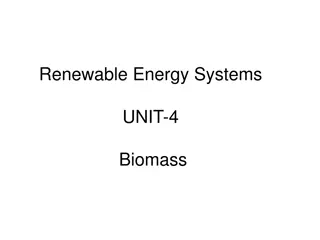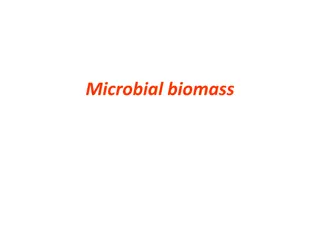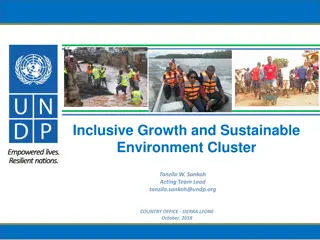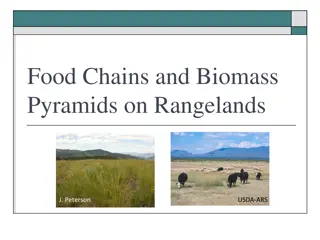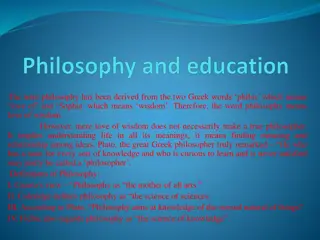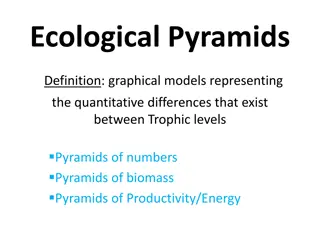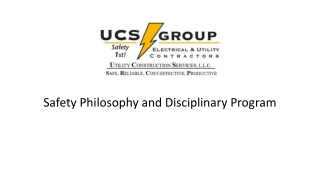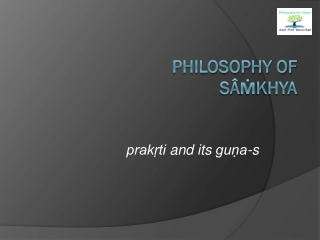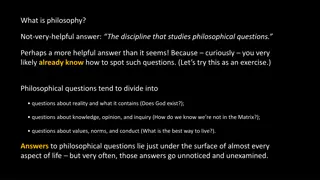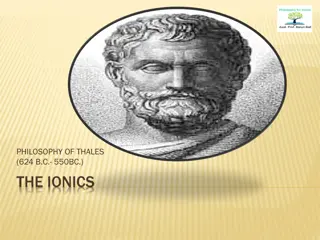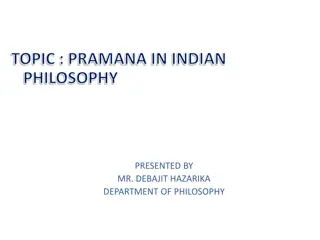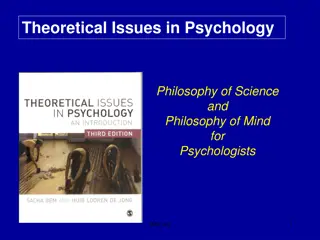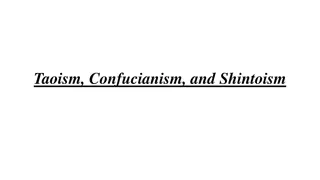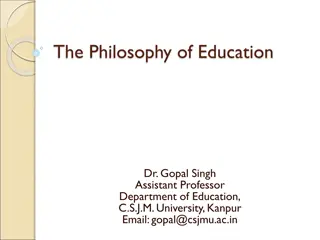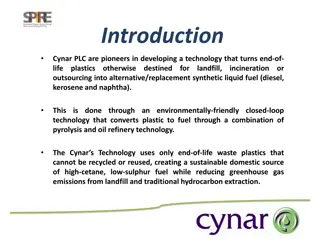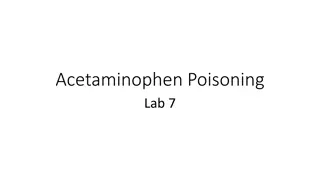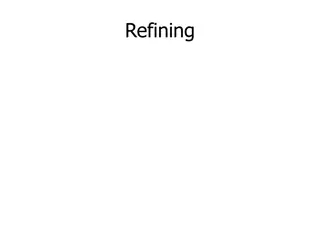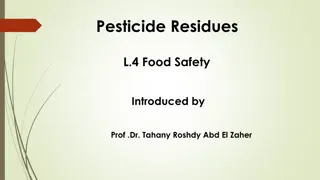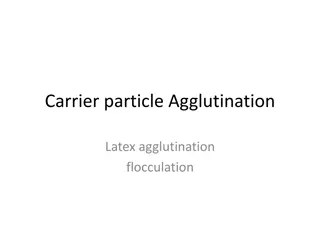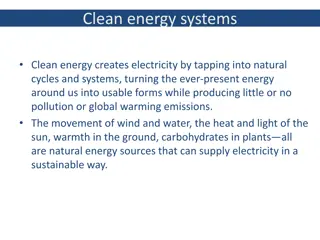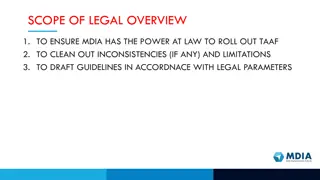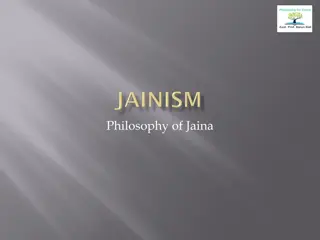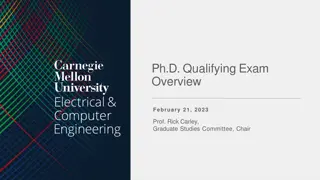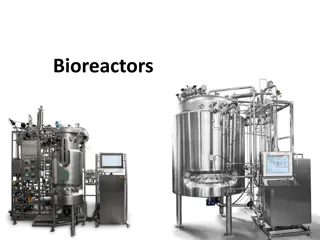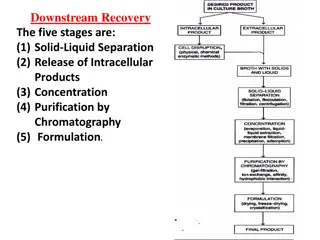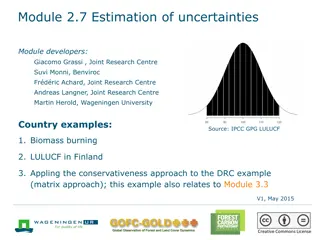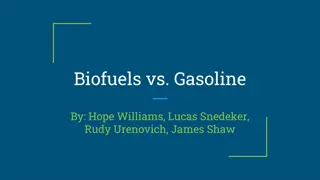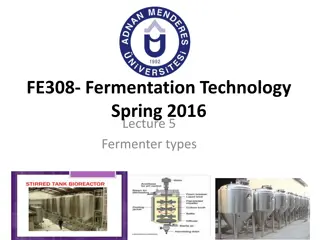Efficient Biomass to Charcoal Technology Philosophy Overview
The technology, initiated in 2012, focuses on high efficiency biomass to charcoal conversion with a robust and simple approach. It emphasizes no hazardous emissions, affordable production costs, and the use of readily available construction materials. The philosophy involves separating heating from carbonization, preventing hazardous emissions, and ensuring the health and environmental safety of workers. The design includes elements like front-loading reactors and efficient heat utilization. Results from tests show good quality charcoal production with high caloric value and efficient processes.
Download Presentation

Please find below an Image/Link to download the presentation.
The content on the website is provided AS IS for your information and personal use only. It may not be sold, licensed, or shared on other websites without obtaining consent from the author. Download presentation by click this link. If you encounter any issues during the download, it is possible that the publisher has removed the file from their server.
E N D
Presentation Transcript
History Started in 2012 Philosophy: - High efficiency biomass to charcoal - Robust and simple technology - No hazardous emissions - Affordable production costs
Philosophy - Robust and simple technology No heavy equipment for loading/unloading Most construction work on location Construction materials readily available No advanced process control equipment
Philosophy High efficiency - Heating (combustion) separated from carbonisation - Drying and carbonisation separated - Energy content volatiles used for process heating
Philosophy No hazardous emissions - Prevention of emissions of black vapours by combustion in wood stove - Health problem workers and environmental problem avoided
Results tests - Long drying time - Efficiency > 35% - After start-up process heat supply from volatile; no emissions of volatiles - Good quality charcoal - Caloric value charcoal: 30-32 MJ/kg - Temperature flue gases > 100 oC
Results tests - Top loading less practical - Cooling outside reactor to decrease production time one cycle - Separate and simultaneous drying with flue gases
Improved design - Front loading with reactors (3,5 m3 each) - Start-up with wood stove - Volatiles are burned in wood stove - Two furnaces: one for drying and one for carbonisation - Alternating use of reactors
Production full size module - Two furnaces each with four reactors - 14 m3volume carbonisation per batch - 1.000-1.100 kg charcoal per batch - 2-3 batches per day (depending on type of biomass, particle size, moisture content etc.)
Program demo-plant 2015 - Optimize time and temperature vs. quality charcoal - Operational protocol - Tests with rice hulls and sugar cane - Tests with peat - Other biomass



